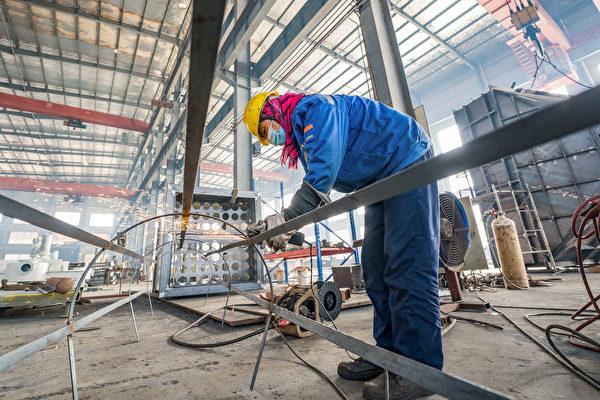China is grappling with the challenges of a deflationary environment that has exacerbated difficulties in people’s livelihoods, characterized by widespread unemployment and salary reductions. Three years of pandemic-related disruptions and the stringent Zero-COVID policy contributed to depleting China’s national treasury. Compounding these challenges, the Chinese Communist Party’s (CCP) perceived threat to the world order has led Western nations to disengage, causing a loss of two crucial pillars for China’s economy: export earnings and foreign capital infusion.
In a New Year address on the final day of 2023, the leader of the CCP openly acknowledged China’s economic challenges, stating, “Some enterprises are under operational pressure, and some people face difficulties in employment and daily living.”





